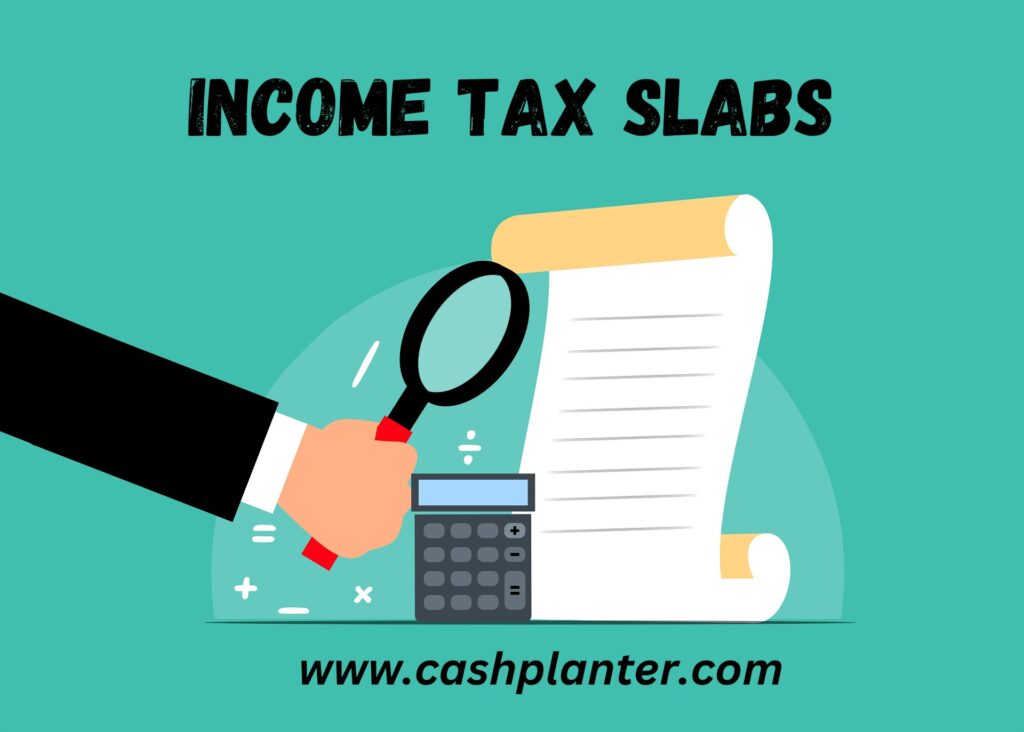
The taxation system in India operates under the framework of income tax slabs. In this system, individuals’ incomes are grouped into specific ranges or slabs, each assigned corresponding tax rates. This progressive tax structure ensures that those with higher incomes face higher tax rates, aligning with the principle of fair taxation.
The Government of India periodically revises these income tax slabs to maintain an equitable taxation system for all citizens. These revisions are announced through amendments to the Union Budget, reflecting the government’s commitment to adapt to changing economic conditions.
Understanding the significance of income tax slabs, it becomes essential to explore the different slabs under both the old and new tax regimes.
For years, life insurance has been a popular avenue for tax-saving purposes. However, it is crucial to recognize that life insurance plays a pivotal role in a comprehensive financial plan. As we gear up to formulate financial strategies for the upcoming fiscal year, it is imperative to grasp the new rules and regulations introduced. In February 2023, the finance minister presented the budget for the ensuing year, featuring notable changes to the tax regime. The reduction in the number of tax slabs and the extension of the standard deduction to the salaried class and pensioners were among the noteworthy modifications.
Also Read Cost Inflation Index: Unleashing the Power of Tax Efficiency FY2023-2024
Let’s delve into the Income Tax slabs outlined in the Union Budget 2023:
New Income Tax Slabs as per Union Budget 2023:
Income Tax Slab
| Income Range | Tax Rates Applicable for FY 2023-24 (New Regime) for HUF and Individuals |
|---|---|
| Below ₹3,00,000 | No Tax |
| ₹3,00,001 to ₹6,00,000 | 5% |
| ₹6,00,001 to ₹9,00,000 | 10% |
| ₹9,00,001 to ₹12,00,000 | 15% |
| ₹12,00,001 to ₹15,00,000 | 20% |
| Above ₹15,00,000 | 30% |
Notes:
- The tax rates in the new tax regime apply uniformly across all categories, encompassing the Hindu Undivided Family and individuals up to 60 years of age, senior citizens (above 60 years to 80 years), and super senior citizens (above 80 years). Consequently, the absence of an increase in the basic exemption limit benefits senior and super senior citizens in the new tax regime.
- Individuals with a net taxable income of up to ₹7 lakh qualify for a tax rebate under section 87A in the new tax regime. The rebate limit remains ₹5 lakh for individuals opting to pay tax under the old regime.
Source : https://www.incometax.gov.in



